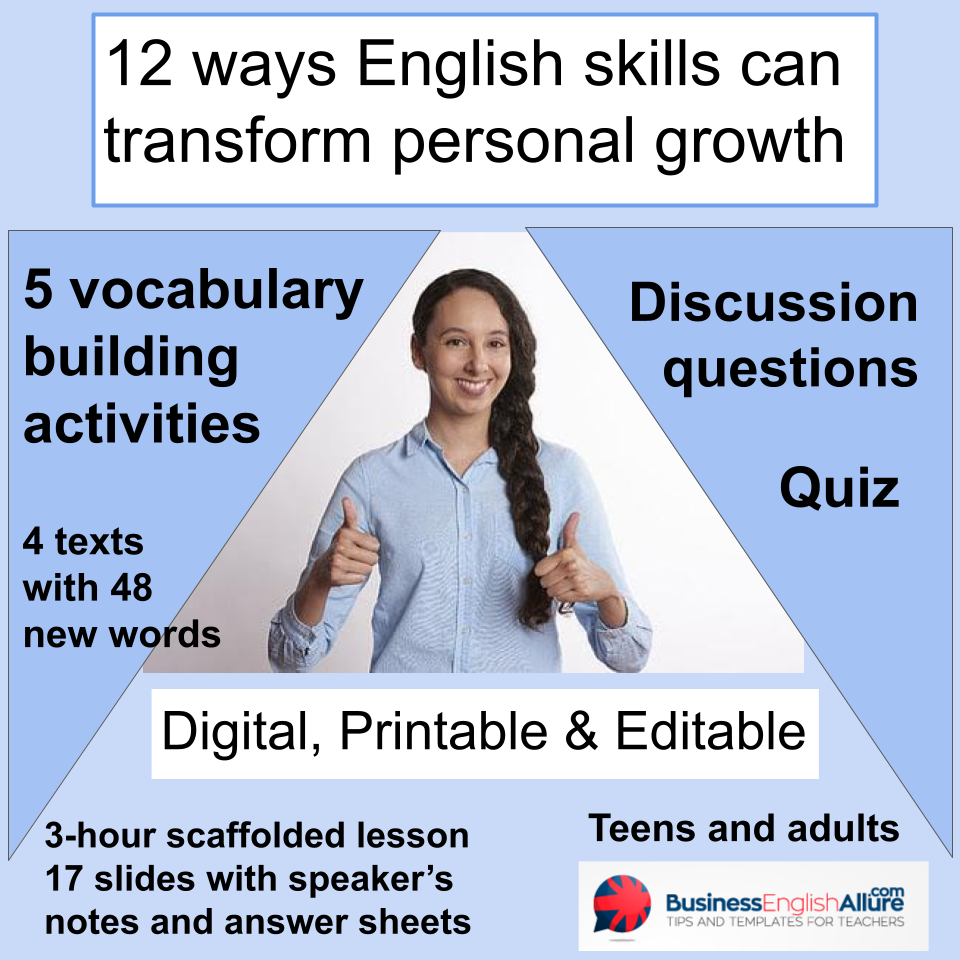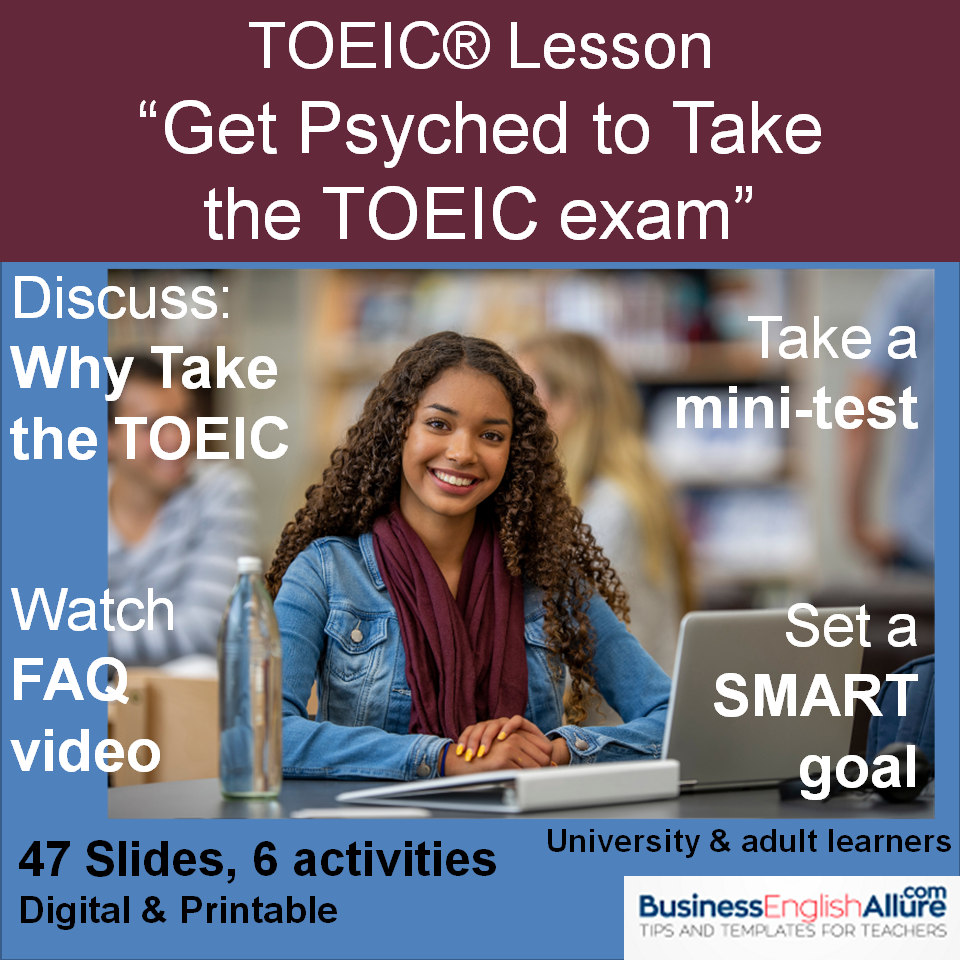IN ON AT: A ‘visual’ tour of NYC activity

Want to help your ESL students to finally master the prepositions ‘in on at‘? Try this ‘visual’ slideshow tour of New York City and its flashcard game.
Learn how to teach your students to ‘visualize’ each preposition of place and time in 3D or 2D with this slideshow of images from the Big Apple.
Watch them gain confidence in speaking and writing as they discover the logic behind the difference between these three pesky prepositions and fly through this flashcard game with over 50 expressions.
The lesson plus the game usually lasts around 1.5 hours for higher levels and around 3 hours for lower levels. The vocabulary is appropriate for even beginners since there are so many pictures.
Why Visualization works
It’s been proven scientifically, that our brains are wired for visual memory. Melanie Pinola writes about it in the article “The Science of Memory: Top 10 Proven Techniques to Remember More and Learn Faster”. Her N°7 tip comes from a memory champion.
Memory TIP N° 7 : Make New Connections That Are Visual (and Perhaps Outrageous) “Visualization is a key skill when it comes to memory. Names and numbers are hard to remember because they’re abstract and our brains can’t easily latch onto them. But our brains store and recall images much more easily.”

Reassure your students that by the end of this activity, they will understand the difference between IN ON AT and will have practiced enough with the flashcards to feel more confident using them. This activity is an excellent beginning to presenting phrasal verbs.
The slideshow has 2 Parts for 2 Kinds of Prepositions
We start with Part 1 Prepositions of Place which is the most complex and has more expressions and then move on to Part 2 Prepositions of Time which is less complicated.

We are only working with prepositions of place and time today and only the prepositions ‘in on at’’. You’ll need to explain that ‘To’ is a preposition of movement, it needs an action verb Ex: I’m driving to Paris today but I live in Paris. We are not talking about movement today.
There are 2 Visualization Strategies

Strategy 1: Visualize 3D, 2D, and location
This is my preferred way to help students visualize the three prepositions. This strategy of visualizing occurred to me when I read Exercise 78 on Prepositions of place and movement in ‘Oxford Practice Grammar Basic’.

The excellent yet basic explanation of the difference between these prepositions of place IN ON AT was simply about using:
IN with enclosed spaces and limited areas
ON for surfaces and lines
AT for a point or building.

Here’s where I found the usages of IN ON AT categorized by English level along with many examples of expressions with each preposition. Great stuff here if, in future, you’re looking for collocations with other words and you want to use level-appropriate expressions (A1-C2).
My instinct for using these explanations was confirmed when I recently saw another English teacher online mmmEnglish.com use the same visual 3D and 2D ideas for an enclosed space and surfaces. You’ll find links to her two videos down below.
I went a step further and adapted this visualization of IN as an enclosed space and used it for prepositions of time as well. More about that later
Here’s how to present quickly the logic behind this strategy for prepositions of place.
Step 1: Begin the lesson by setting the stage for the slideshow. Draw three columns on the board marked In, On and At with a title ‘Prepositions of Place’
Start with column 1 In. Draw a box in 3D in the first column. Then start asking the class to name things or places which illustrate boxes or containers: in the shower, in his room, in his office, in his car. As these slides suggest (from the PowerPoint presentation you’ll be using later).


Now draw the borders of your country, locate the capital city with its city limits, and draw the region with its borders. Start naming countries and cities: in Europe, in France, in Paris.


Now go to column 2 ON. Write 2D and the words surfaces. Start naming things or places with a surface: On the tennis court, On the lake, On the street, On the beach, On the sofa. Look around the classroom for surfaces: walls, ceilings, floor, desk.
Next, write Lines and start naming lines: On Train Line B, On the Equator.

Lastly, go to column 3 AT. Draw the Google Maps icon for location. You know the red oval-shaped circle with the black dot. Write ‘location’. Explain that it’s not important if we are inside a building or outside a building. We just want the students to visualize the place: not in or out. Start naming places around town: At the post office, At the bank, At the airport.
Next, write event: At a party, at a conference, at a concert. Solicit more events from your students.


Strategy 2: Visualize a spectrum from more general to more precise.

Step 2: Find a corner of the whiteboard to present strategy 2 by drawing 3 circles one inside the other. Write IN in the outermost circle, ON in the middle circle and AT in the smallest circle. Like a target. Use the examples of countries and cities, streets and buildings. Show how IN is bigger or more general (In France, In Paris) then point out that ON is less general, a little smaller (ON the Champs- Elysées, On Main Street) and finally that AT is the most precise or smallest (at N° 321, at the Eiffel Tower, at the post office).
Instead of a target, you can use a triangle divided into 3 segments with IN at the bottom (biggest segment, ON in the middle (a little smaller) and AT at the pointy top (the smallest or most precise).

Some students need more than one way to visualize a preposition. Let them know that they are free to use visualization strategy 1 or 2. Whatever works for them. Encourage them to draw their own images as a memory aid.
PART 2: prepositions of time
Find another corner of the board to write Prepositions of Time and draw a big rectangle to represent a calendar year, with 12 smaller boxes for the months. Use the visualization Strategy N° 1 to get the students to visualize the calendar year as a ‘box’ IN 2018, and the months as boxes: IN July.

Then ask the students to visualize the four seasons as boxes: In spring, In summer etc.

I like to get my students to visualize the parts of the day as boxes too: In the morning, in the afternoon etc.

Now use the visualization Strategy N° 2 with the three circles or the triangle to visualize from ‘in general’ to more ‘precise’ or ‘bigger’ to ‘smaller’. Fill in the circles with IN 2018, IN October, IN the morning. ON Thursday (a little bit smaller, more precise) AT 3 o’clock (most precise). Like this.

Insist that the word ‘day’ is always used with the preposition ON: on my birthday, on Thursday and that May 3rd is a day too. Let the students know that ‘day’ is really strong. So in expressions like ‘On Thursday morning’ day is stronger than morning. ON prevails.
Step 3: Start the slideshow
Now you’re ready to fire up the PowerPoint slides and it should go quickly. There are quiz slides included to test the student’s understanding before moving on to the next preposition. And the slideshow finishes with an email quiz mixing prepositions of place and time. See the link below to download the PowerPoint slideshow.
Step 4: Form teams for Flashcard practice
When you feel that the students have a good handle on the theory, form teams and pass out a deck of flash cards for each team. Give them ample time to practice with the higher levels hopefully helping out the lower levels.

Give out the ‘IN ON AT Preposition table’ as a reference so no mistakes are memorized and you won’t be constantly needed to confirm right or wrong answers. That makes the teams more autonomous. Find the links below for the printable flashcards and the IN ON AT preposition table.
When just about every student has had time to go through the cards, chose a delegate at random to represent the group. Use the stopwatch app on your cell phone to time each representative individually posting the times on the board for each team. Create a competitive, fun atmosphere. Winning team gets a prize (I suggest M&Ms) and extra points for participation for the day.
I suggest giving the quiz the following lesson. The quiz will serve as a kind of revision. Very important to revise in class.
Flipped IN ON AT Lesson Idea!
Have the students watch the slideshow on YouTube as homework, then in class do the flashcard game then the QUIZ. Here’s the link to the YouTube IN ON AT slideshow with music.
Download Links

Drive
[stextbox id=”download”]Click here to download the printable flashcards, IN ON AT preposition table, QUIZ, PowerPoint presentation, video and a pdf of this article.[/stextbox]
Students can practice outside of class with this QUIZLET Flashcard link

For Quizlet flashcard deck to share with students (just click ‘flashcards’ then ‘play’)
Other videos, quizzes you might like!

Watch mmmEnglish.com YouTube video prepositions of place

Watch mmmEnglish.com YouTube video prepositions of time

Try this online quiz IN ON AT from St George International


Test yourself with this online quiz IN ON AT from Tolearnenglish.com
I hope you will download everything and use this as your next lesson in class. It’s a great way to begin a series of lessons on phrasal verbs. Most students no matter the level need practice with IN ON AT. They will thank you for the lesson and probably tell you ‘It’s all clear now!’
Subscribe and leave a comment
Why not subscribe to my newsletter to get more lesson plans? I’d love to hear about other ways of teaching IN ON AT. Leave your ideas in the comments section below.
Related Posts
You may also like to read this related post on improving fluency with time expressions for four verb tenses in past and present.







 Our new vocabulary lesson focuses on personal development and growth, two topics that resonate with learners of all ages.
Our new vocabulary lesson focuses on personal development and growth, two topics that resonate with learners of all ages.  By the end of the lesson, your students will be motivated to reach new heights.
By the end of the lesson, your students will be motivated to reach new heights. Check out the 3-hour lesson on TeachersPayTeachers $5
Check out the 3-hour lesson on TeachersPayTeachers $5 






1 Response
[…] If you liked the idea of presenting your lesson with a slide show, try this lesson of mine with the three tricky prepositions In, On, At https://www.businessenglishallure.com/in-on-at-visual-tour-of-nyc-activity/ […]